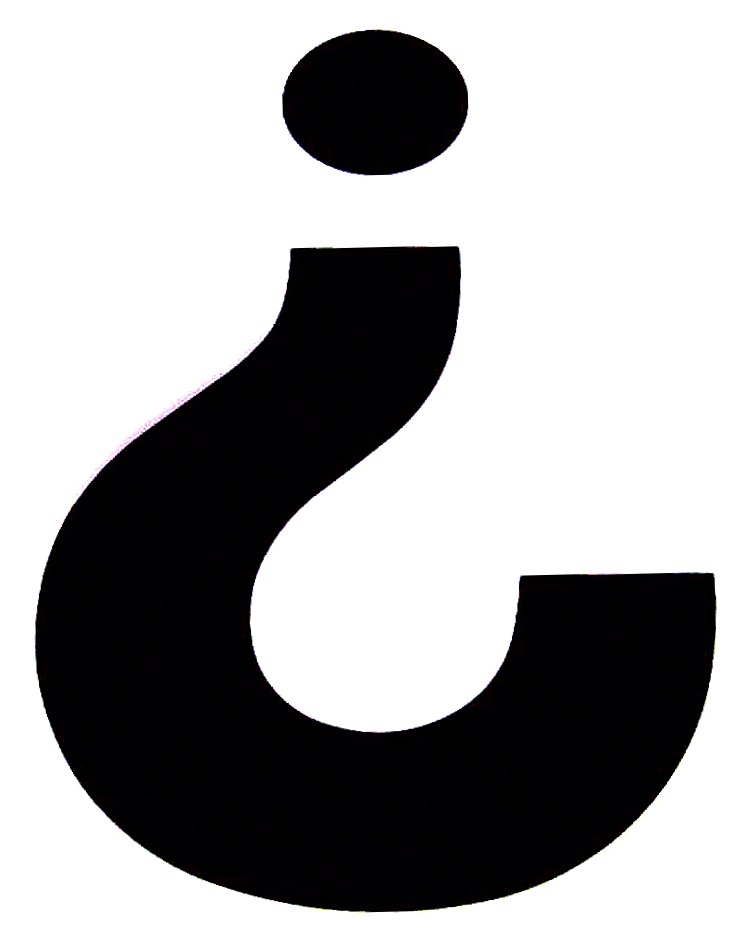More than 900 pages of flirtation, really, with a sudden death at the end. People did say it was beautifully written.
This is a quote from inside the book; that is, its original intention was not to describe the Hours but really it does. The Hours is really truly beautifully written, something that was a bit lost on me. Like a child looking at a painting, i can recognize it's beauty however i don't always understand it's meaning. My friend Simone told me how much she liked the syntax [sentence structure]; I would like to say that i agree with her, but honestly, i have no clue what she talking about so i just nodded. That's not to say that the book was entirely lost on me... I could relate with a lot of the themes. So as always, here's my list:
- Insecurities. All the characters doubt themselves, regret their decisions, want to run away. I think everybody can relate to this, and if you don't, if you've never doubted yourself, then you're a very lucky person. Sometimes I feel like dropping all my AP classes... I mean what's the worst that can happen? I'll work at McDonald's? Pshhhh. That's not so terrible. Free McFlurries right? The fear that we will fail inhibits our ability to succeed. I guess the only thing we have to fear is fear itself.
- Growing old. Everybody ages, becomes unattractive, or grows sick. Clarissa, Virginia, Louis, Richard, Angelica, Kitty etc. Natasha doesn't like depressing books (i think?), but ironically, this is actually a super depressing book filled with multiple suicides. And the ones who don't commit suicide? They run away from their homes, regret their decisions, are hopelessly lost. [insert smiley face here?]
- Immortality. Richard, Virginia, Louis, Clarissa, the movie stars... We all want to be remembered. We want our grandchildren to know our names and brag about us during recess even after we've passed away. We want to make an impact on the world.
- Obligations. If Michael Cunningham was a Michelle Cunningham I would've said the author was an avaricious feminist. The woman all hate their obligations. They "want more out of life", no obligations, no pressure of domesticity. One character, Laura, bakes a cake for her husband's birthday. She has dreams of making it perfect, extraordinary. In the end, it looks like any old home-made cake, the frosting a little shmeared, the roses a little crooked. As another character describes it, the cake is "cute". like a kid's finger painting. The cake is a metaphor for aspirations. In the end, Laura throws out the cake and bakes a new one to try again. She does better however it's still not no Betty Crocker. She had dreams of becoming somebody extraordinary, however she must settle for the sub-par suburbs, something she finds hard to accept.
- Love. Okay this part was weird. There is so much taboo in this story it rivals Michael Jackson's life. Virginia kisses her sister. Laura's son falls in love with her. Woman kissing their neighbors to try and comfort them. [at the same time making me uncomfortable]. There are 4 gay couples. Actually come to think of it, i can't think of a single straight person that isn't in some incestuous relationship. I don't know what Cunningham was trying to get at. That we don't love enough?
Summary: If you like books with cotton-candy words, you'll like this. If you like books which end with despondency, you'll like this. If you like Virginia Woolfe, you'll like this. If you like Oedipal love, you'll be enamored with this ;)
I don't know if i like this or not. I like the themes but i know I'm missing out on the language which sometimes seemed a little too verbose so...
-Sharon

0 comments:
Post a Comment